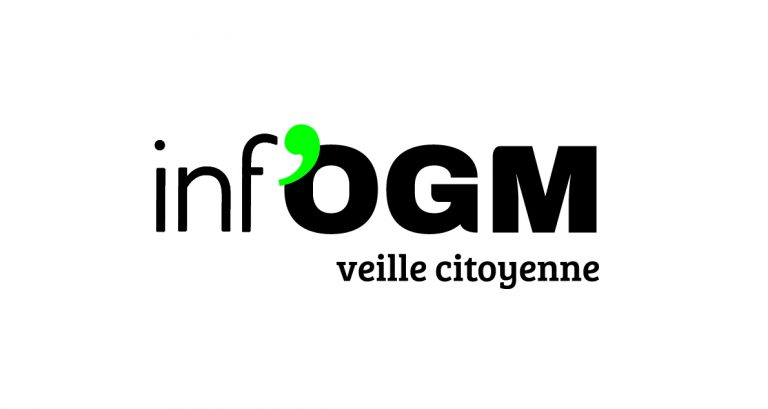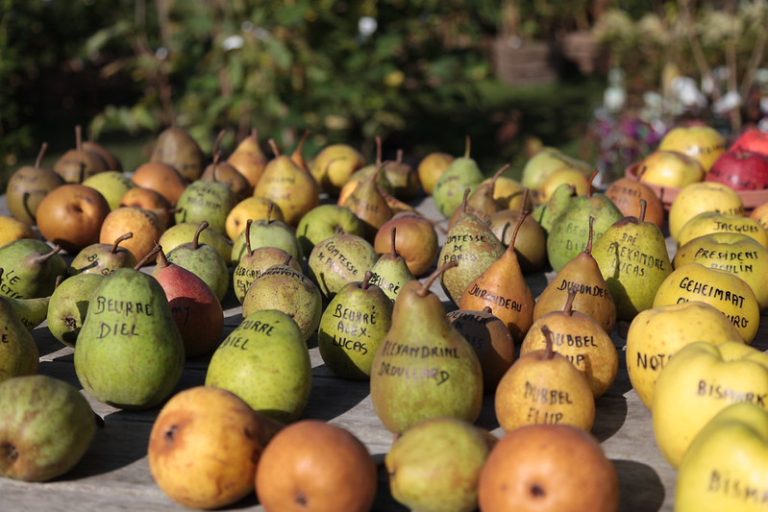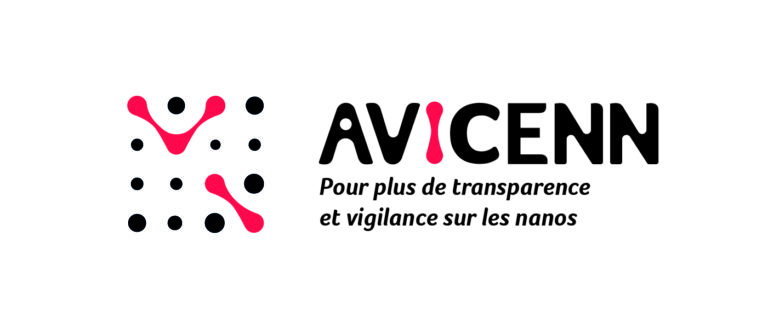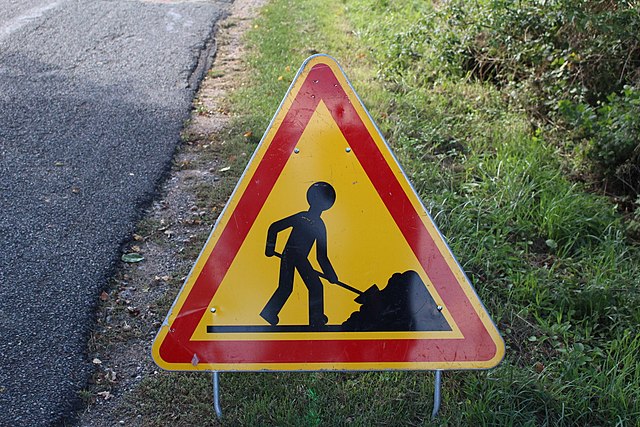The European Commission wants its “biotech revolution”
In March 2024, the European Commission announced measures aimed at driving what it called a “biotechnology revolution“, including a proposal for a “law” in 2025. This announcement came at a time when a number of legislative dossiers relating to biotechnology had already reached an impasse, such as the deregulation of plant GMOs. As Denmark, a fervent supporter of biotechnology, prepares to take over the Presidency of the Council of the EU from July 2025, is the Commission planning to bring everything together in a general “biotech law” to complicate political debates and force the issue through? The European Parliament has just taken up the issue on its own initiative.
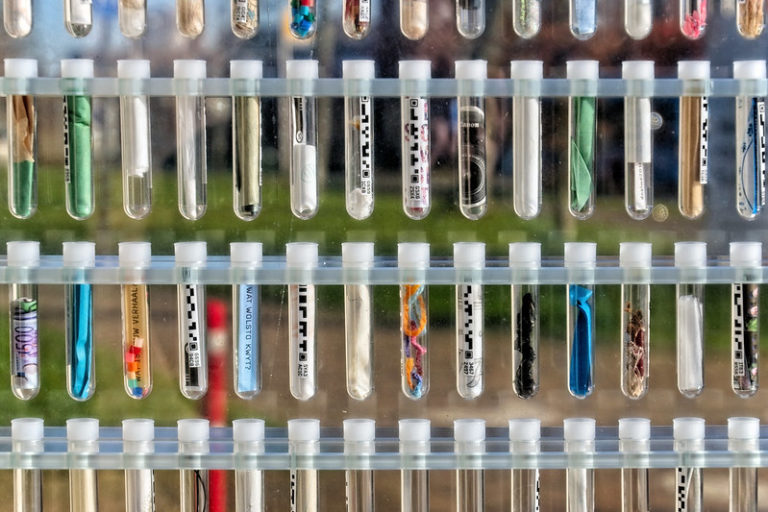
2025 could be a busy year for legislation in the European Union. Discussions on the proposal to deregulate plant GMOs obtained by new genetic modification techniques1 , launched in July 2023, will continue. Similar proposals on micro-organisms and animals have been requested by the European Parliament. Above all, as announced in March 2024 by Margrethe Vestager i , then Vice-President of the European Commission, “action to boost biotechnology and biomanufacturing“, including a proposal for a “Biotech Act“, are on the agenda. On 23 January 2025, the plenary session of the European Parliament announced that it was referring the matter to itself, instructing its Industry, Research and Energy Committee to study the issue. The lead rapporteur will be German MEP Hildegard Bentele (European People’s Party – EPP) ii . If they were to be put on the EU table this year, these measures could be discussed under the Danish Presidency of the EU, a country whose government is resolutely “pro-biotech“.
Launching the “biotech” era
The press release of 20 March 2024 is clear on the European Commission’s analysis. It states that “advances in life sciences, supported by digitalisation and artificial intelligence (AI), and the potential of solutions based on biology to solve societal issues, make biotechnology and biomanufacturing one of the most promising technological areas of this century. They can help the EU to modernise its agriculture, forestry, energy, food and feed sectors and industry“. But, according to the European Commission, a number of obstacles need to be removed.
The measures announced by Margrethe Vestager in March 2024 are now the responsibility of the European Commissioner for Health, Olivér Várhelyi. This relatively heterogeneous list of proposals, presented under the slogan “Building the future with nature“, would “address several challenges: research and technology transfer to the market, regulatory complexity, access to finance, skills, barriers along the value chain, intellectual property, public acceptance and economic security“. For those following the current debates on GMOs, patents and the digitisation of life, this list echoes the criticisms levelled at the regulation of plant GMOs. To respond to these “challenges“, the Commission proposes a number of actions.
Firstly, the simplification of the regulatory framework would be prepared by a study with a view to a proposal for a “possible Biotech Act to harmonise and rationalise legislation“. As Ursula von der Leyen, then candidate for re-election as President of the Commission iii , pointed out in July 2024, the aim of this proposed “law” is to “to make it easier to bring biotech from the laboratory to factory and then onto the market“. It is not yet known whether this proposed “law” will be limited to setting out the Commission’s general guidelines or whether it will take the form of a more binding legal instrument, imposing specific measures impacting on each current dossier, such as that of plant GMOs/NTGs. It should be noted, however, that the Commission refers to the desire to “simplify the regulatory framework“, suggesting that this proposed “Biotech Act” could take the form of a regulation directly applicable to all Member States, rather than a directive to be transposed nationally. Would this also mean that political discussions on the proposed deregulation of plant GMOs/NTGs would be extended to the other economic sectors concerned? This hypothesis seems all the more likely given that one of the European Commission’s stated objectives is to “shorten the time for biotech innovations to reach the market; as well as regulatory obstacles that arise at national or other governance levels which impede an effective single market”. The Commission would simplify the regulatory framework… by drastically reducing it.
Another measure: the creation of a European biotechnology cluster, planned for the end of 2024 and finally launched on 30 January 2025 iv , to help companies navigate the multiple rules and find “the necessary assistance” to do so. International cooperation would also be stepped up, with partners identified as strategic, such as the United States, to stimulate research and technology transfer. The EU’s bioeconomy strategy would also be revised in 2025 to better integrate industrial, environmental and societal challenges, while strengthening its links with biotechnologies. The Commission also intends to develop methodologies that will enable bioproducts to be assessed on an equal footing with fossil fuels, in particular by refining the analysis of their environmental footprint. The stated aim is to “accelerate the substitution of fossil feedstock and to stimulate the demand and market uptake of bio-manufactured products“. Measures would be taken to encourage investment, in particular by including bioproduction in the 2025 programme of the European Innovation Council Accelerator v . Finally, the adoption of artificial intelligence will be supported by the GenAI4EU initiative vi , with easier access to EuroHPC supercomputers vii , to support innovation in the field.
A “biotech law” as Plan B...
In March 2024, when it published its communication, the European Commission proposed making the biotechnology sector a strategic lever for innovation and industrial competitiveness in the EU, in line with the objectives of the United States and China. In this resolutely “pro-biotech” stance, the Commission believes that regulatory simplification, the creation of a dedicated cluster, support for investment, etc. would position the EU as a major player in biotechnology on a global scale.
However, this “pro-biotech” orientation seems to be fuelled by a desire to favour the work of multinationals by, for example, implicitly deregulating the biotechnology sector. The mention of a possible “Biotech Act” could therefore be interpreted as a back-up solution, a Plan B envisaged by the Commission to harmonise and regulate biotechnology if its current plans for regulatory changes continue to meet with political reluctance. This is currently the case for the deregulation of plant GMOs/NTGs, and potentially for other issues relating to living organisms on which there is no consensus for political, economic, social acceptance or institutional (and ethical) reasons.
…to bypass the legislative projects currently at a standstill
The European Commission’s “pro-biotech” strategy may have an impact on a series of legislative initiatives concerning living organisms, such as the deregulation of GMO/NTG plants, the digitisation of living organisms (DSI or “digital sequence information“), the issue of patents, the possible deregulation of GMO micro-organisms and animals, etc. viii . While the Commission presents these forthcoming measures as aimed at simplifying the regulatory framework and “stimulating innovation“, they will undoubtedly raise concerns about the possible increased appropriation of living matter by companies with significant resources. The example of DSI illustrates these concerns in particular, as this field, dominated by large companies that already have considerable financial and logistical resources at their disposal, could benefit from EU support to pursue controversial developments. These developments are often based on the exploitation of genetic resources with no recognised origin, fuelling accusations of biopiracy and raising ethical and legal questions ix.
By facilitating and speeding up access to biotechnologies, and thereby reducing certain obligations, is the Commission seeking to avoid an in-depth debate on the ethical, health, environmental and socio-economic issues associated with these technologies? And is it trying to force through the legislation against Parliament’s wishes? In the agricultural and environmental fields, this approach could reduce the ability of national authorities to trace GMOs and regulate the sector effectively, thereby strengthening the power of multinationals over biodiversity and genetic resources.
i European Commission, “Commission takes steps to boost biotechnology and biomanufacturing in the EU”, 20 March 2024.
ii European Parliament, “The future of the biotech and biomanufacturing sector in the EU: putting research to work, boosting innovation and increasing competitiveness”, 23 January 2025.
iii European Commission, “Europe’s choice, Political guidelines for the next european commission 2024-2029”, 18 July 2024.
iv European Commission, “Commission launches new Biotech and Biomanufacturing Hub to support innovative companies”, 30 January 2025.
v The European Innovation Council Accelerator is a Horizon Europe funding programme offering support to start-ups and SMEs.
vi European Innovation Council, “GenAI4EU: Creating European Champions in Generative AI”.
vii EuroHPC, “Leading the Way in European Supercomputing”.
viii Eric Meunier, “The European Commission’s legal initiatives on the Living”, Inf’OGM, 13 November 2024.
ix Guy Kastler, “DSI: dematerialised biopiracy”, Inf’OGM, le journal, n°176, July/September 2024.






